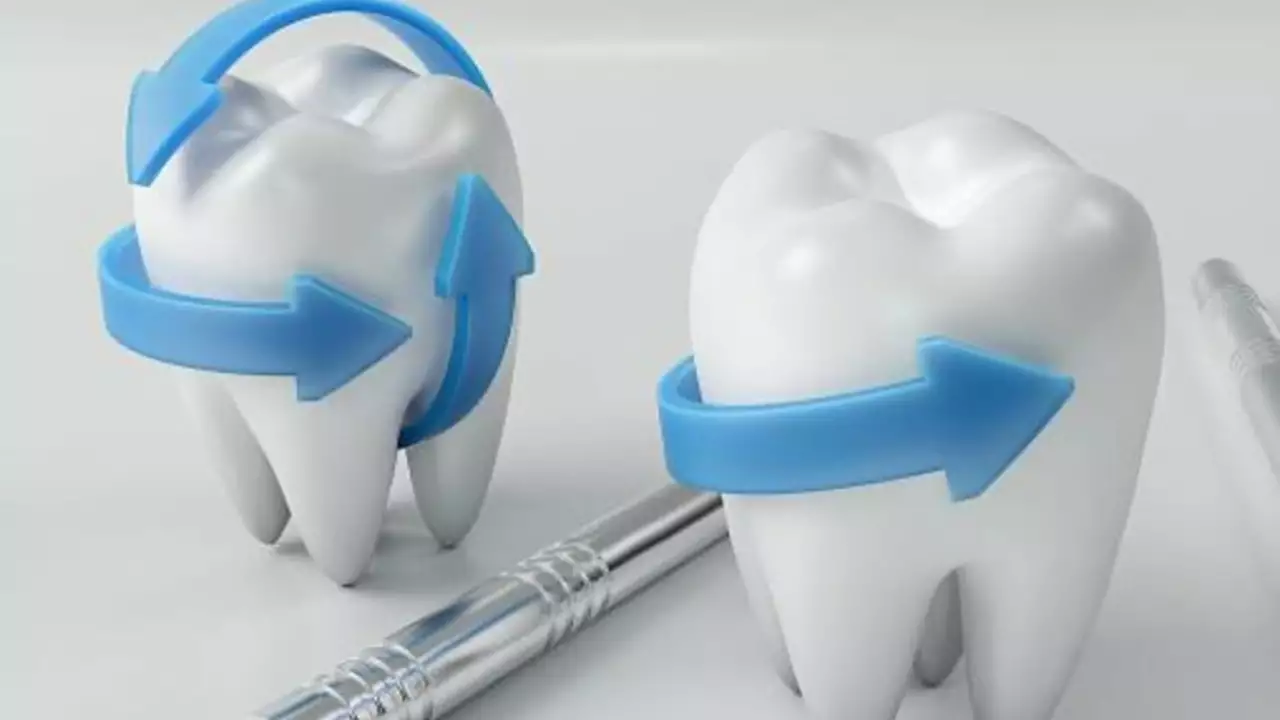Oral Care Essentials – Simple Tips for a Healthy Mouth
If you want fresh breath, strong teeth, and happy gums, the right routine matters more than fancy gadgets. Below you’ll find straight‑forward steps that work for anyone, plus quick advice on picking products that actually help.
Everyday Oral Hygiene Routine
Start with brushing twice a day – once after breakfast and once before bed. Use a soft‑bristled toothbrush and a pea‑size amount of fluoride toothpaste. Brush for at least two minutes, covering every surface: front, back, chewing surfaces, and the gum line.
Flossing isn’t optional; it removes plaque where your brush can’t reach. Slide a piece of floss gently between teeth, curve it around each tooth in a C‑shape, and move it up and down. If floss feels tough, try a floss pick or water flosser – the goal is to clean those tight spots.
Finish with a mouthwash that contains fluoride or an antimicrobial agent if you’re prone to cavities or gum inflammation. Swish for 30 seconds, then avoid eating or drinking for at least 15 minutes so the ingredients can work.
Choosing the Right Products
The market is full of toothpaste claims – whitening, tartar control, sensitivity relief. Pick one that lists fluoride as the active ingredient; it’s proven to prevent decay. If you have sensitive teeth, look for potassium nitrate or strontium chloride in the formula.
When buying a toothbrush, replace it every three months or sooner if the bristles fray. An electric brush can boost cleaning efficiency, but a manual brush works fine if you use proper technique.
If you struggle with bad breath, consider a tongue scraper after brushing. A quick scrape removes bacteria that cause odor without hurting your tongue.
Regular dental visits are part of good oral care too. Schedule cleanings every six months so the dentist can spot problems early and give professional polish that smooths away plaque buildup.
Avoid sugary drinks, sticky snacks, and frequent snacking between meals – each bite gives bacteria fuel to produce acid that erodes enamel. When you do indulge, rinse with water or chew sugar‑free gum to boost saliva flow.
Lastly, stay hydrated. Plenty of water helps wash food particles away and keeps saliva at optimal levels. Saliva is your mouth’s natural protector against decay.
Follow these basics, pick products that fit your needs, and you’ll keep your smile healthy without spending hours on a complicated routine.
Hydrochlorothiazide and Dental Health: What You Need to Know
In today's blog post, I want to discuss an important topic that many people may not be aware of - the connection between Hydrochlorothiazide usage and dental health. Hydrochlorothiazide, a common medication for high blood pressure, can have some potential side effects on our oral health. It's crucial to be informed about these side effects so we can take proper care of our teeth and gums. In my research, I found that this drug may cause dry mouth, gum swelling, and even tooth sensitivity. Therefore, if you're taking Hydrochlorothiazide, always consult with your dentist and take adequate measures to maintain good dental health.






